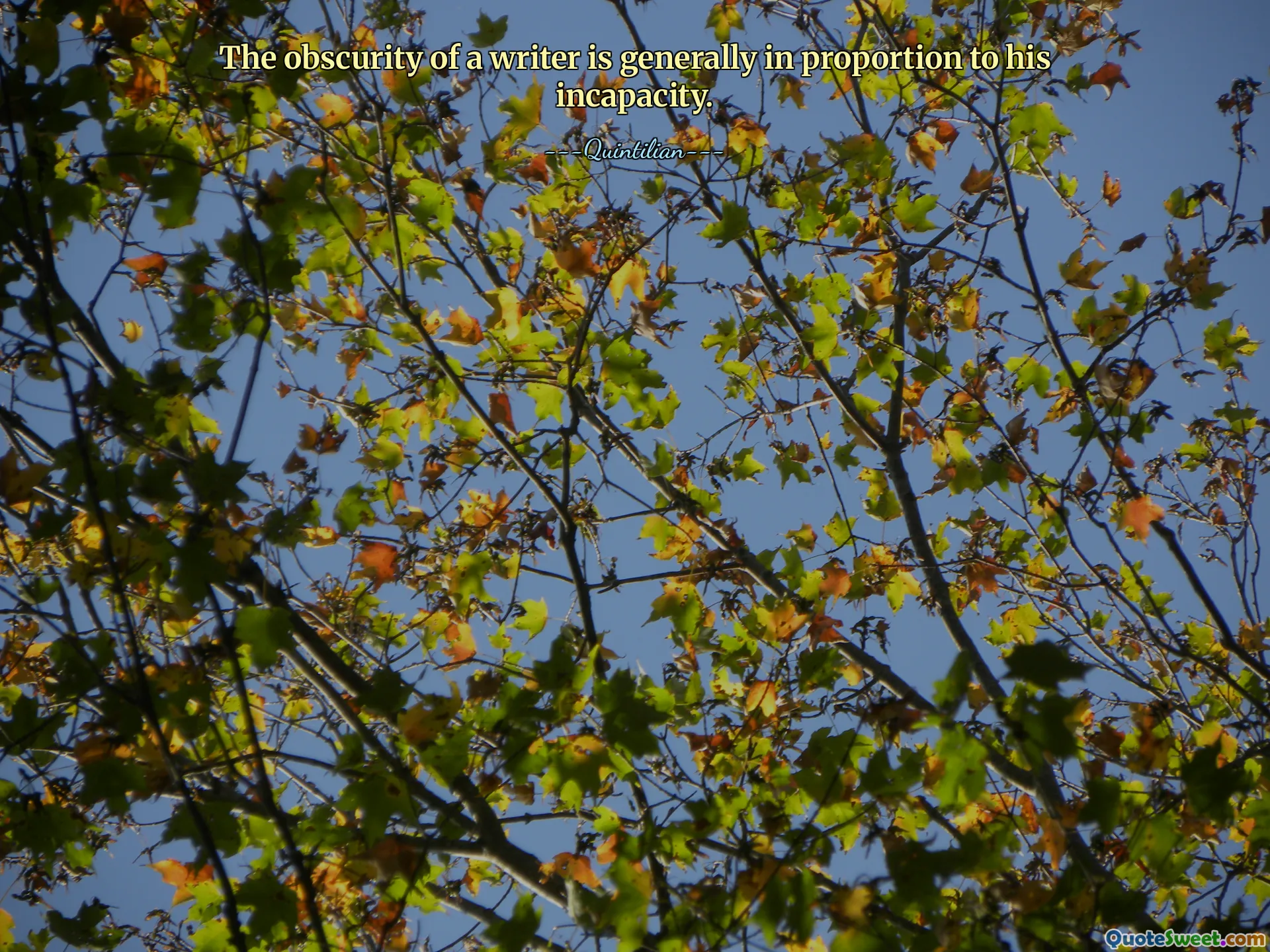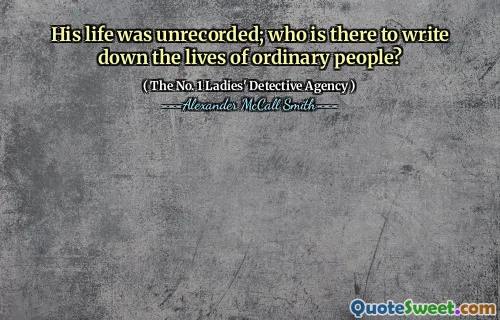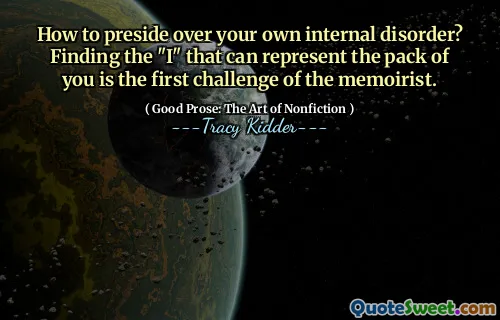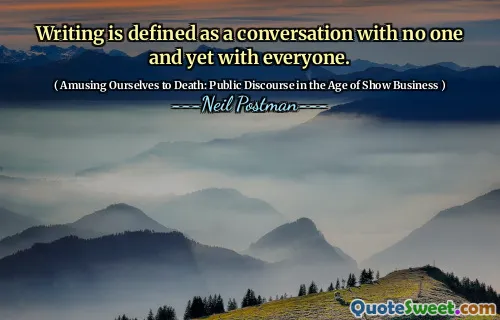
The obscurity of a writer is generally in proportion to his incapacity.
This quote underscores a profound yet straightforward truth about the craft of writing. Often, writers who struggle to communicate their thoughts clearly tend to hide behind convoluted language, obscure references, or complex structures. Such obscurity can be a sign that the writer's grasp on the subject or their ability to express it is limited, leading them to mask their shortcomings with verbosity or complexity. In contrast, truly skilled writers typically communicate their ideas with clarity and precision, making their work accessible and engaging. This observation suggests that the measure of a writer's competence can often be gauged by the transparency of their writing: the more straightforward and lucid the prose, the more confident and capable the author probably is. Conversely, obscurity might be an apology for a lack of understanding or mastery. Moreover, this principle extends beyond individual writers; it highlights a broader lesson in all forms of communication: clarity equals strength. People may often mistake complexity for intelligence, but the art of good writing involves stripping away unnecessary words to reveal core ideas. Writers should strive to achieve simplicity not for the sake of superficial ease but to foster genuine understanding among their audience. Recognizing the relationship between clarity and competence encourages writers to refine their skills continuously, avoid the temptation of obfuscation, and prioritize effective communication. Ultimately, the quote invites reflection on the importance of humility and mastery — emphasizing that the true mark of talent is the ability to make complex ideas understandable without distortions or embellishments.











